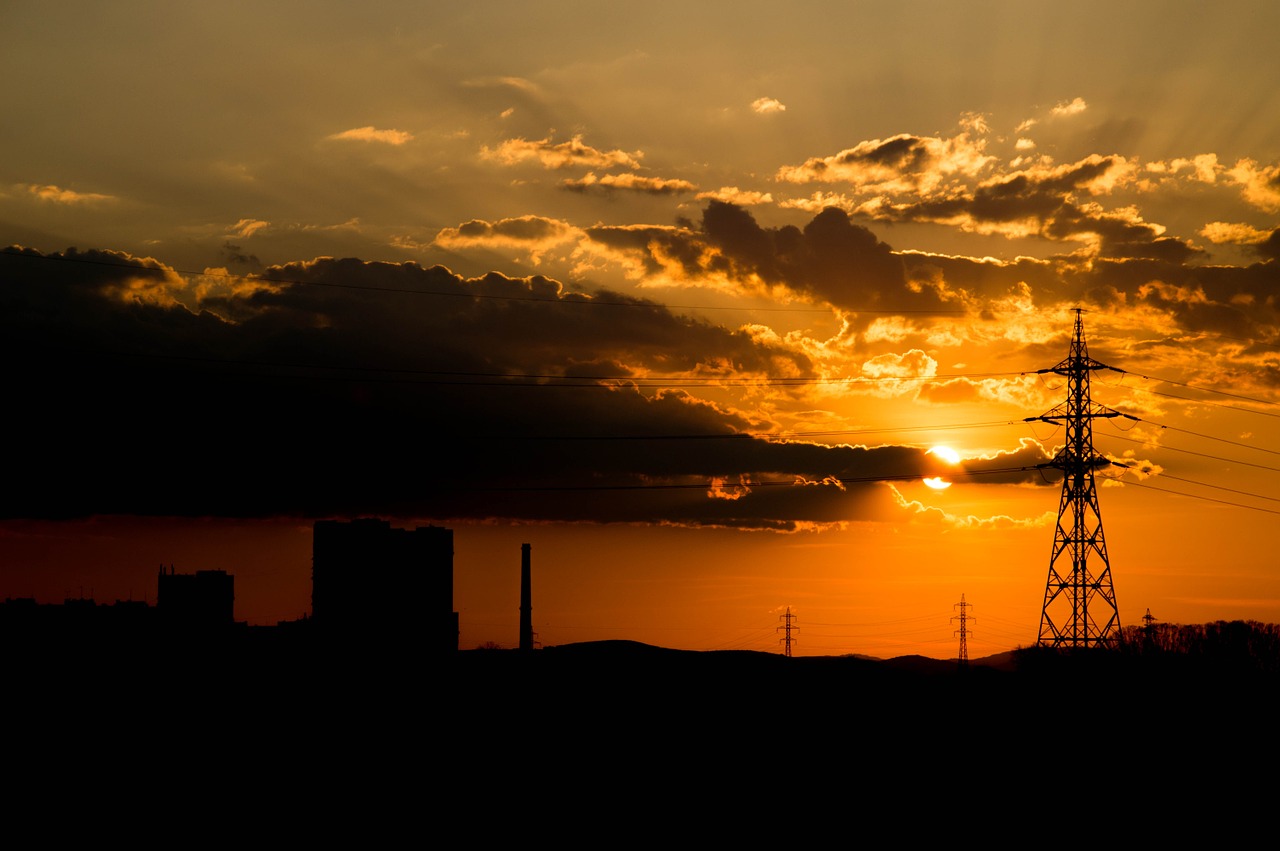By Frank Andorka, Senior Correspondent
Just when you think Michigan is finally getting its solar act together, utilities like DTE Energy hatch plans to destroy rooftop solar in the state, at least according to the advocates that talked to our friends at Inside Climate News.
Becky Standfield, the Midwest director for Vote Solar, isn’t one for hyperbole. She’s one of the most level-headed solar activists I’ve known. So to see her say this to ICC was both startling and arresting:
“It is very clear that DTE is trying to put a dagger in the heart of rooftop solar in Michigan.”
Whoa. And that’s not even the strongest comparison advocates are making.
A little background on this fight is necessary here. Traditionally, net metering is done at a the retail rate – a one-to-one exchange. But under current Michigan law, there is no set level of compensation set, meaning utilities can pay solar consumers at whatever rate the Public Utilities Commission will allow.
Right now, DTE Energy has a proposal before the PUC that will allow them to compensate solar consumers at the wholesale rate, which would be approximately 75% under retail rate.
How can they justify this highway robbery? Well, it’s the zombie lie of the “cost shift” again raising its ugly head. In case you’re not familiar with this well-worn piece of nonsense (and utilities across the country cling to it like a drowning man to a life preserver), the “cost shift” argument holds that solar customers don’t pay their fair share of grid upkeep. Therefore, the “costs” of their energy self-production are then passed on to non-solar consumers.
And as I’m sick of writing, it’s complete bunk. The cost shift doesn’t happen until a state gets at least 10% of its electricity from solar power (which only occurs in five states now, and Michigan is not one of them). Once the cost shift happens, it’s only fractions of a penny per kilowatt-hour – so even at its worst it’s a marginal cost at best.
A 75% cut in compensation for electricity exports would essentially kill rooftop solar in Michigan, mirroring, says Inside Climate News, the screeching halt a similar proposal in Nevada visited up on that state’s solar industry.
That was so bad that it took two years before the solar industry was even a shell of its former self, and three years later the rooftop solar industry is still recovering.
Michigan should learn from Nevada’s example. It’s PUC should reject DTE Energy’s ridiculous request.
More:


